Smith College students end sit-in over divestment, but vow to expand their protest movement
| Published: 04-09-2024 5:01 PM |
NORTHAMPTON — Aiming to expand their protest across campus, students who have occupied Smith College’s administration building for almost two weeks said Tuesday they are moving the focus of their activism to Seelye Lawn.
“We are choosing to relocate to Seelye Lawn, and the wider campus space, so that we may join together as a full Smith community to expand the occupation until our goal of divestment has been achieved,” the group said in a message read from the steps of College Hall.
“Smith College Students for Justice in Palestine will be intensifying our activism in the coming days, running constant educational programming and asking the community to have face-to-face conversations with us on how we can work towards divestment as a collective.”
The shift in focus brings an end to the longest sit-in in Smith College history, the group said. It began March 27 in response to the board of trustees’ rejection of the justice group’s petition for divestment from weapons manufacturers supplying arms for Israel’s assault on Gaza.
The board informed the petitioners that its Advisory Committee on Investor Responsibility had determined that “the request did not meet the threshold for taking action and also found that the endowment’s investment in military contractors and weapons manufacturers is negligible and entirely indirect.”
The sit-in has led to meetings with college President Sarah Willie-LeBreton and three trustees. It has “changed campus conversation to the extent that administration acknowledged that there is majority support for divestment from Palestinian oppression,” the activists stated.
The administration said in a statement Tuesday that the protesters’ exit from College Hall followed dialogue with board members and the president, and that normal operations in the administration building would resume Wednesday.
“Smith is committed to continuing this dialogue across campus so that the understanding that began during the protests can be further enhanced and as a community we can think in new ways about the challenges of conflict,” the administration stated.
Article continues after...
Yesterday's Most Read Articles
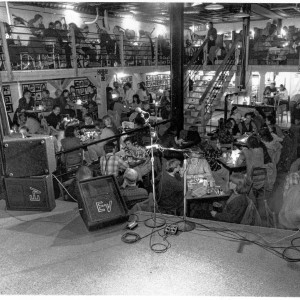 The Iron Horse rides again: The storied Northampton club will reopen at last, May 15
The Iron Horse rides again: The storied Northampton club will reopen at last, May 15
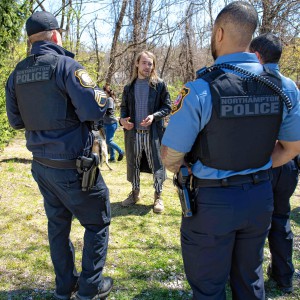 Homeless camp in Northampton ordered to disperse
Homeless camp in Northampton ordered to disperse
 Authorities ID victim in Greenfield slaying
Authorities ID victim in Greenfield slaying
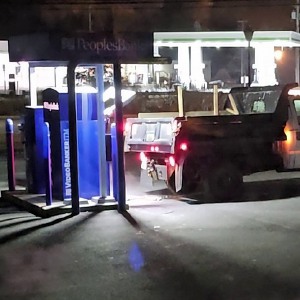 $100,000 theft: Granby Police seek help in ID’ing 3 who used dump truck to steal cash from ATM
$100,000 theft: Granby Police seek help in ID’ing 3 who used dump truck to steal cash from ATM
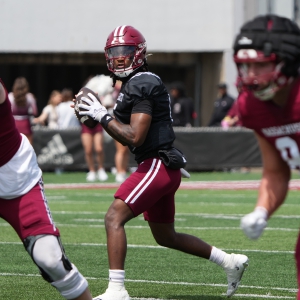 UMass football: Spring Game closes one chapter for Minutemen, 2024 season fast approaching
UMass football: Spring Game closes one chapter for Minutemen, 2024 season fast approaching
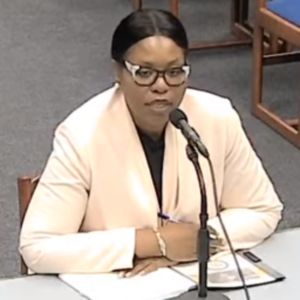 Final pick for Amherst regional superintendent, from Virgin Islands, aims to ‘lead with love’
Final pick for Amherst regional superintendent, from Virgin Islands, aims to ‘lead with love’
Wearing kaffiyehs and face masks, the students announced their plans Tuesday to a sizable audience of fellow students, supporters and some news media, before proceeding away around the north side of College Hall.
The protesters hope to heighten awareness while continuing to disrupt campus community activities, Sophia Haydon-Khan said.
“We want to make sure things aren’t business as usual,” she said.
They plan to use the lawn as a space for “art-making, teach-ins, collective mourning and fundraising for Palestine,” according to the statement.
The announcements were bookended with chants for a free Palestine and divestment now.
Israel’s offensive has pushed Gaza into a humanitarian crisis, leaving more than 1 million people on the brink of starvation. The Palestinian death toll from the war has passed 33,200, with nearly 76,000 wounded, Gaza’s Health Ministry said.
The Smith College sit-in has been an exercise in shared commitment, and in forging relationships that hadn’t existed before, Haydon-Khan said. The occupiers held three- or four-hour strategy meetings every day, she said, and had “tons of support” from the Northampton and campus communities, who made sure they had food and sleeping supplies, which were passed through a boarded-up first-floor window.
The kaffiyeh, a traditional Arab headdress, has become a symbol of Palestine, and Haydon-Khan said almost all those worn by the Smith students come from the last manufacturer of kaffiyehs in Palestine.
“It represents how Palestinian identity is in itself resistance,” she said.
The students said they have raised $1,700 for families fleeing Gaza, and their online petition has amassed more than 2,100 supporters.
The kaffiyehs and face masks are, at least in part, a means for the protesters to conceal their identities. Student Anna Huber said young women taking part in the sit-in, especially students of color or Arab appearance, have faced threats and doxxing — public disclosure of their identity, address, or other personal details as a form of online harassment.
The activists are planning a town hall event for April 21.
“We ask everyone in this community to join us in the reclaiming of our college,” the group said in its statement. “We want to be proud Smithies, but we refuse to be proud of an institution that funds genocide.”
James Pentland can be reached at jpentland@gazettenet.com

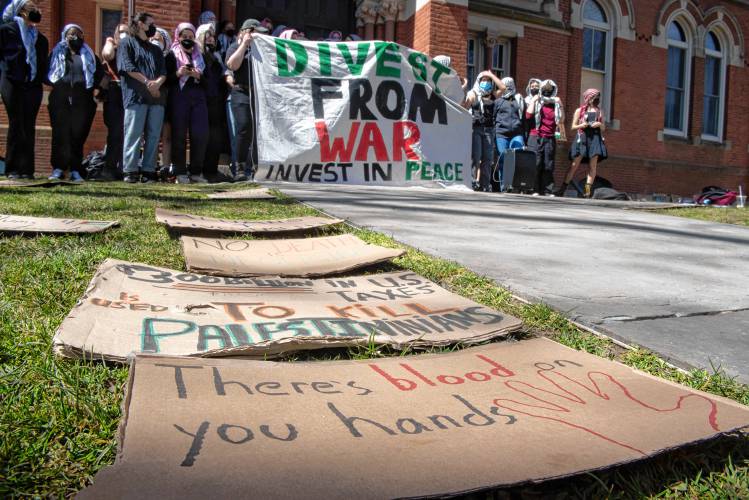
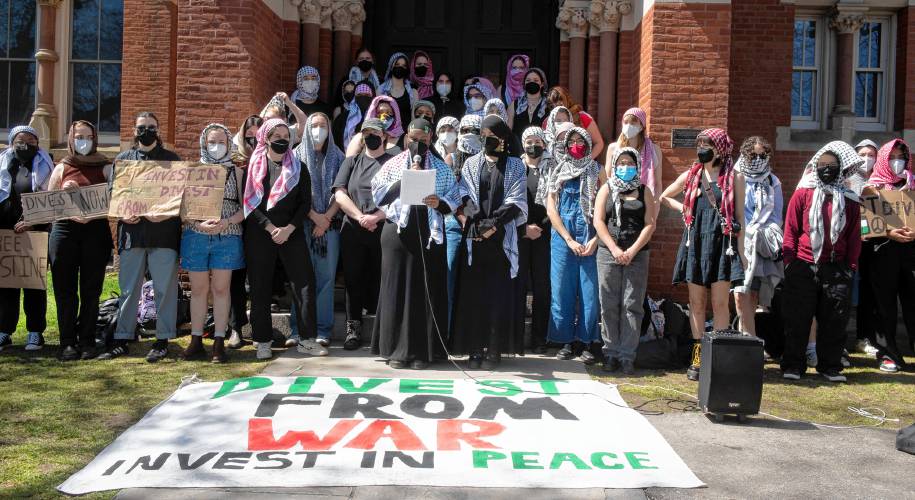
 Authorities ID victim in Greenfield slaying
Authorities ID victim in Greenfield slaying  Federal probe targets UMass response to anti-Arab incidents
Federal probe targets UMass response to anti-Arab incidents Locking up carbon for good: Easthampton inventor’s CO2 removal system turns biomass into biochar
Locking up carbon for good: Easthampton inventor’s CO2 removal system turns biomass into biochar William Strickland, a longtime civil rights activist, scholar and friend of Malcolm X, has died
William Strickland, a longtime civil rights activist, scholar and friend of Malcolm X, has died
